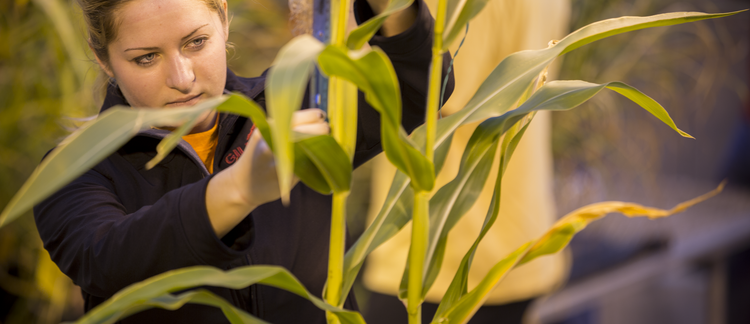Abstract
Trees are becoming an increasingly important component of the Iowa landscape. For tree plantings to be more common in Iowa two major problems related to establishment must be overcome: (1) intense weed competition and (2) a lack of market or non-market values for several years for newly planted trees. To develop information that addresses these problems, a research project was initiated during the spring of 1998 at the ISU Rhodes Research Farm. The objectives of the project are: (i) to evaluate the influence of seven weed control treatments [four small grain/forage crop combinations (oats and red fescue; oats, red fescue, and red clover; and oats, orchardgrass, and red clover; red clover and hairy vetch), one herbicide treatment (conventional mix of preemergents with additional control from RoundUp), mowing, and no treatment] on the survival and growth of two groups of tree species (fast-growing hardwoods [two poplar clones and silver maple] and highvalue hardwoods [red oak and black walnut as seedlings and from seed]); (ii) to evaluate the influence of seedlings of the tree species on the productivity of small grain/forage crop combinations, and (iii) to determine the cost effectiveness of planting trees with different weed control techniques.
Keywords: Forestry, Horticulture, Agronomy
How to Cite:
Mize, C., Colletti, J. P., Negreros-Castillo, P., Brummer, E. C. & Delate, K., (2001) “Forage and Tree Experiment (FATE)”, Iowa State University Research and Demonstration Farms Progress Reports 2000(1).
Downloads:
Download pdf
View PDF
218 Views
78 Downloads

